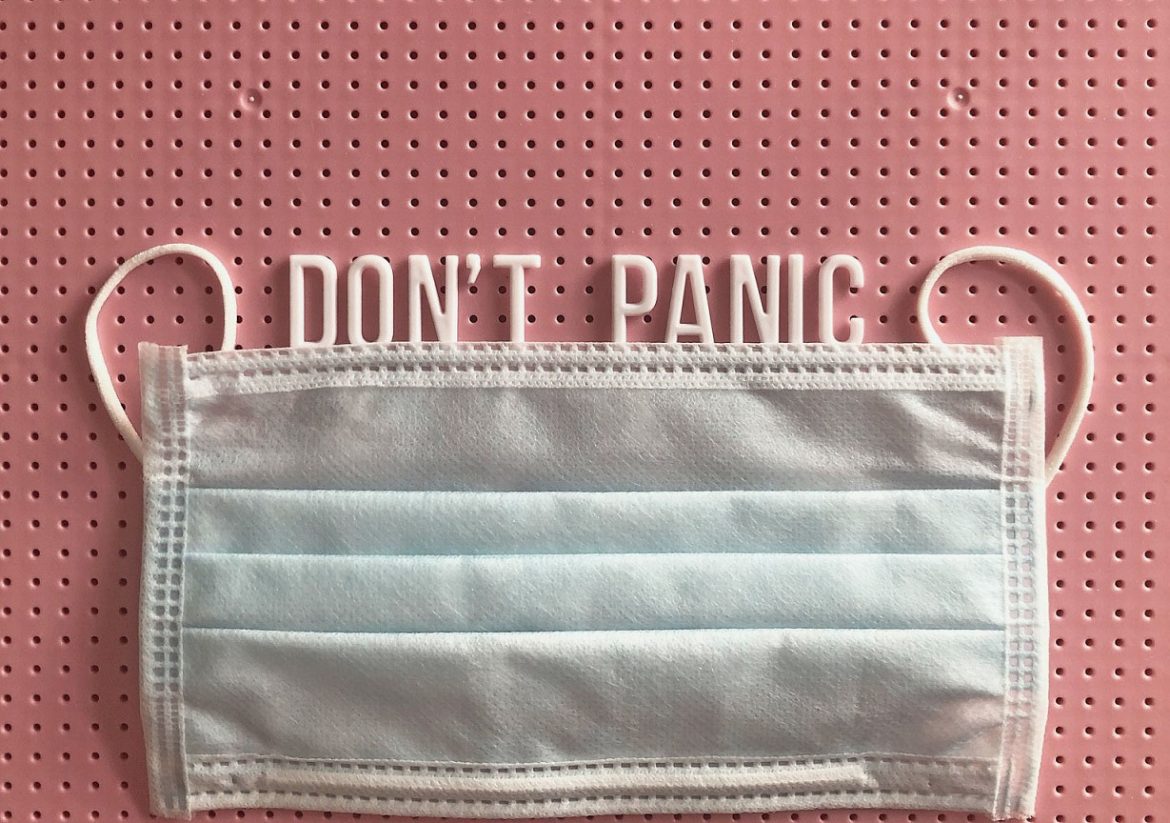It has been nearly 2 years since Covid-19 first hit us. Things have been difficult for everyone, but thankfully, we now have things under better control, and many parts of the world are already beginning to open up. Despite this, I still see and hear heightened levels of fear and anxiety centred on the pandemic. While there is still good reason to be cautious, some of that fear may be veering towards being excessive and unreasonable. One of the major contributing factors to this is fearmongering during Covid-19.

What is fearmongering?
Fearmongering is, according to Cambridge Dictionary, the act of intentionally trying to make people afraid of something when it is neither necessary nor reasonable.
Fear itself is natural, of course. In fact, it is one of our most basic and powerful emotions. In turn, it is our fear of an uncertain future – one that is potentially bleak – that creates the feelings of anxiety.
What if I lose my job?
What if I contract the disease?
What if my aging parents get the virus?
Will my kids be able to cope when I get back to the office?
Like fear itself, anxiety is a normal and important emotion that helps with our survival. We do, however, need to be self-aware about when it escalates, which may lead it to become pervasive and excessive. When this happens, it can start affecting our life and or the lives of those around us. Fearmongering during Covid-19 is especially dangerous given its potential impacts.

Fearmongering During Covid-19
In the context of the ongoing pandemic, it is of course important to keep yourself informed and up to date of current news. Being overly anxious about things, however, is not, especially if it leads you to keep an obsessive vigilance over “breaking news” or succumb to knee-jerk reactions over any new developments. For example, when news of the lockdown measures loomed, many rushed out to supermarkets to stockpile groceries, and bought more than what they needed out of anxiety. This led to a shortage of necessities for others, ironically leading to even more fear and anxiety about food shortages.
Fearmongering can be a deliberate tactic used by some media outlets to instil fear in its audience. By exaggerating the scale of any impending danger, they create interest and urgency, which leads to more traffic to their websites. We ourselves, however, may also be unknowing vessels of fearmongering. This happens when we (unknowingly) propagate rumours or misinformation, inadvertently adding to the climate of fear that’s already present.
When you share files, clips or articles to your friends, do you pause to evaluate the reliability of its source?
Do you read an article thoroughly before sharing it?
Have you got a tendency to pay more attention to certain types of information or news stories?
Do some group chats that you are in seem to share only certain types of information?
Addressing and Minimising Fearmongering
Our vulnerability to cognitive distortions (i.e. errors in thinking) and anxiety can cause us to selectively prioritise certain types of information over others, sometimes without evaluating its reliability or veracity. We can then find ourselves in an escalating spiral of never-ending things to be increasingly anxious about, due to information that may not even be completely reliable to start off with.
We all have a part to play to minimise fearmongering during Covid-19 and reduce the anxiety we collectively feel. A quick self-reflection would be helpful here: Based on what you’ve read so far, have you unknowingly contributed to fearmongering? If you have, it’s time to be more mindful about how you might have done so.
Stay tuned to Part 2 of this topic, where we discuss how to manage unreasonable fears about the on-going endemic.

